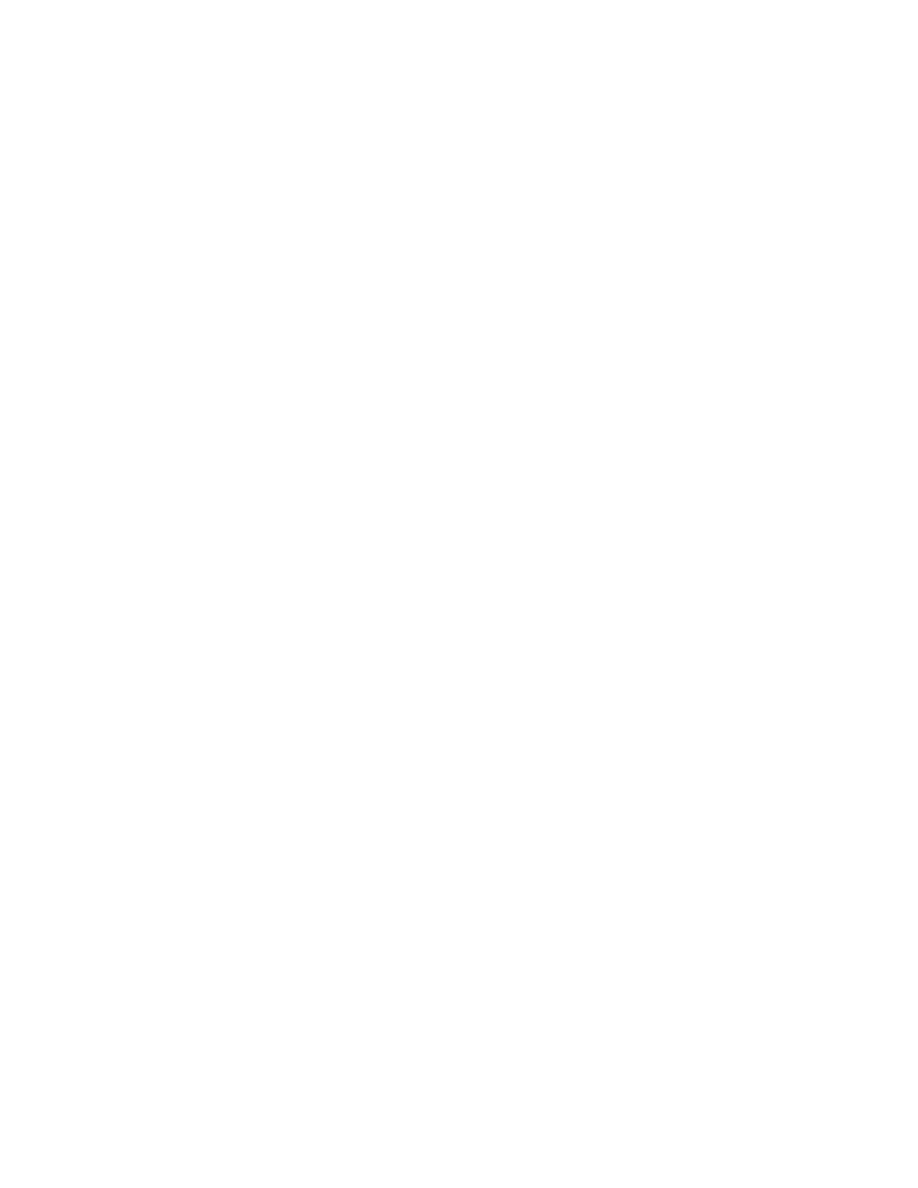
782
14 CFR Ch. I (1–1–14 Edition)
§ 29.957
required to operate the engines under
the test conditions required by § 29.927.
Unless equivalent methods are used,
compliance must be shown by test dur-
ing which the following provisions are
met, except that combinations of con-
ditions which are shown to be improb-
able need not be considered.
(1) The fuel pressure, corrected for
accelerations (load factors), must be
within the limits specified by the en-
gine type certificate data sheet.
(2) The fuel level in the tank may not
exceed that established as the unusable
fuel supply for that tank under § 29.959,
plus that necessary to conduct the
test.
(3) The fuel head between the tank
and the engine must be critical with
respect to rotorcraft flight attitudes.
(4) The fuel flow transmitter, if in-
stalled, and the critical fuel pump (for
pump-fed systems) must be installed to
produce (by actual or simulated fail-
ure) the critical restriction to fuel flow
to be expected from component failure.
(5) Critical values of engine rota-
tional speed, electrical power, or other
sources of fuel pump motive power
must be applied.
(6) Critical values of fuel properties
which adversely affect fuel flow are ap-
plied during demonstrations of fuel
flow capability.
(7) The fuel filter required by § 29.997
is blocked to the degree necessary to
simulate the accumulation of fuel con-
tamination required to activate the in-
dicator required by § 29.1305(a)(17).
(b)
Fuel transfer system. If normal op-
eration of the fuel system requires fuel
to be transferred to another tank, the
transfer must occur automatically via
a system which has been shown to
maintain the fuel level in the receiving
tank within acceptable limits during
flight or surface operation of the rotor-
craft.
(c)
Multiple fuel tanks. If an engine
can be supplied with fuel from more
than one tank, the fuel system, in addi-
tion to having appropriate manual
switching capability, must be designed
to prevent interruption of fuel flow to
that engine, without attention by the
flightcrew, when any tank supplying
fuel to that engine is depleted of usable
fuel during normal operation and any
other tank that normally supplies fuel
to that engine alone contains usable
fuel.
[Amdt. 29–26, 53 FR 34217, Sept. 2, 1988]
§ 29.957
Flow between interconnected
tanks.
(a) Where tank outlets are inter-
connected and allow fuel to flow be-
tween them due to gravity or flight ac-
celerations, it must be impossible for
fuel to flow between tanks in quan-
tities great enough to cause overflow
from the tank vent in any sustained
flight condition.
(b) If fuel can be pumped from one
tank to another in flight—
(1) The design of the vents and the
fuel transfer system must prevent
structural damage to tanks from over-
filling; and
(2) There must be means to warn the
crew before overflow through the vents
occurs.
§ 29.959
Unusable fuel supply.
The unusable fuel supply for each
tank must be established as not less
than the quantity at which the first
evidence of malfunction occurs under
the most adverse fuel feed condition
occurring under any intended oper-
ations and flight maneuvers involving
that tank.
§ 29.961
Fuel system hot weather oper-
ation.
Each suction lift fuel system and
other fuel systems conducive to vapor
formation must be shown to operate
satisfactorily (within certification lim-
its) when using fuel at the most crit-
ical temperature for vapor formation
under critical operating conditions in-
cluding, if applicable, the engine oper-
ating conditions defined by § 29.927(b)(1)
and (b)(2).
[Amdt. 29–26, 53 FR 34217, Sept. 2, 1988]
§ 29.963
Fuel tanks: general.
(a) Each fuel tank must be able to
withstand, without failure, the vibra-
tion, inertia, fluid, and structural loads
to which it may be subjected in oper-
ation.
(b) Each flexible fuel tank bladder or
liner must be approved or shown to be
suitable for the particular application
VerDate Mar<15>2010
10:12 Mar 18, 2014
Jkt 232046
PO 00000
Frm 00792
Fmt 8010
Sfmt 8010
Y:\SGML\232046.XXX
232046
pmangrum on DSK3VPTVN1PROD with CFR